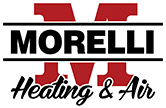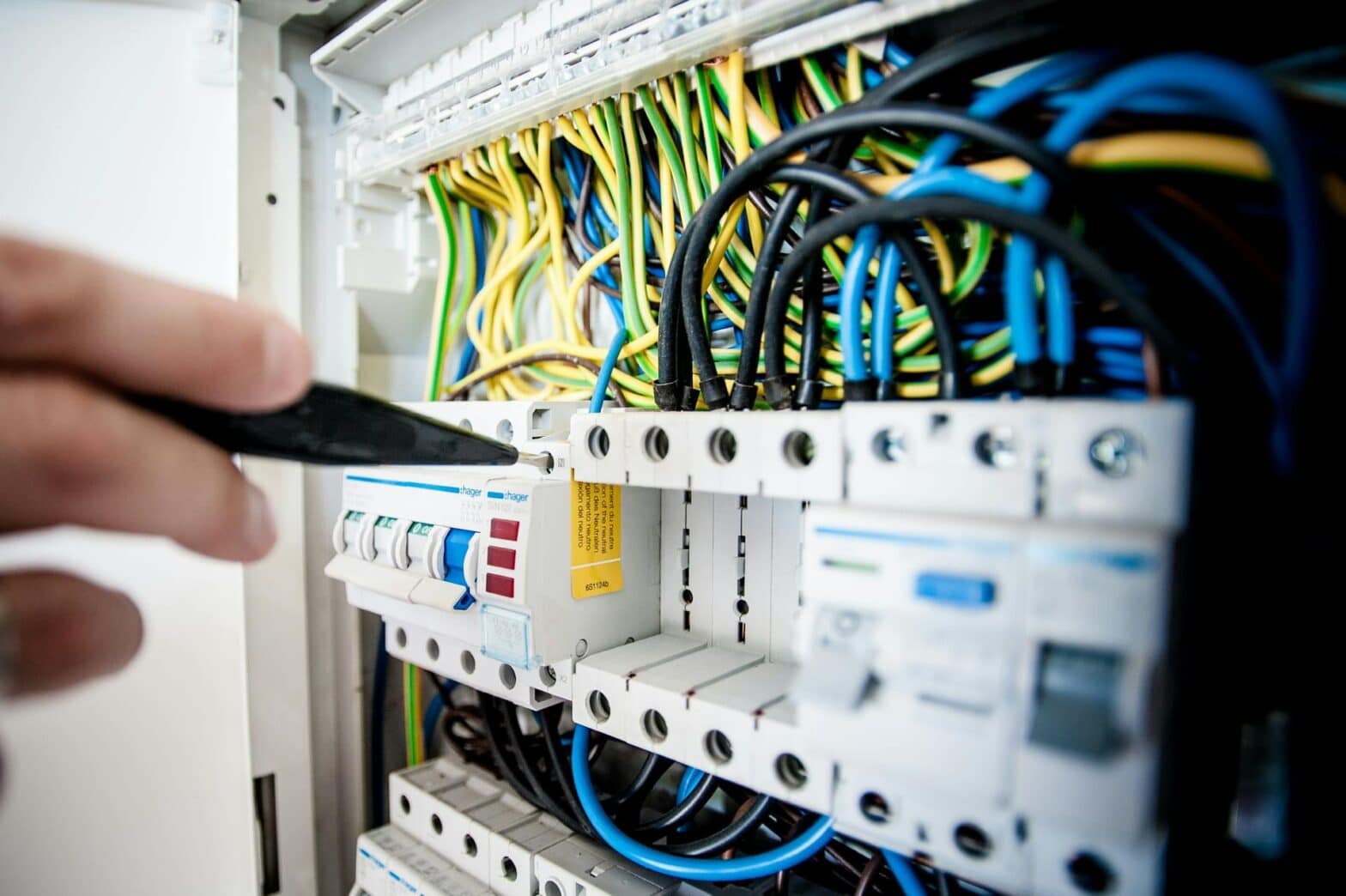When it comes to your home’s comfort and energy efficiency, few things are as crucial as your HVAC (heating, ventilation, and air conditioning) system. A well-maintained HVAC system can mean the difference between a cozy winter, a breezy summer, and an unpleasant spike in energy bills or, worse, an unexpected breakdown. So, how often should you schedule maintenance for your HVAC system? In this post, we’ll cover recommended servicing schedules, what maintenance typically involves, and the benefits of regular upkeep.
Why Regular HVAC Maintenance Matters
Before diving into the scheduling details, let’s touch on why HVAC maintenance is essential. Regular servicing helps:
- Extend the life of your HVAC unit: Just like your car needs oil changes, your HVAC system requires routine attention to stay in top shape.
- Enhance energy efficiency: A well-maintained system runs more efficiently, which saves energy and reduces your utility bills.
- Prevent costly repairs: Catching small issues early prevents them from becoming major problems.
- Improve indoor air quality: HVAC maintenance includes cleaning filters and coils, which reduces the amount of dust, allergens, and pollutants circulating in your home.
- Ensure optimal performance: Regular maintenance ensures that your system runs smoothly year-round, preventing uncomfortable hot or cold spots in your home.
General HVAC Maintenance Schedule
Here’s a quick breakdown of when and how often you should consider servicing different components of your HVAC system:
1. Twice a Year: Full HVAC System Tune-Up
Most experts recommend scheduling a full tune-up for your HVAC system twice a year: once in the spring and once in the fall. These seasonal check-ups prepare your system for the demands of summer cooling and winter heating, ensuring it’s running efficiently when you need it most. During a biannual tune-up, an HVAC technician will typically:
- Clean and inspect the coils, fins, and other essential parts
- Replace or clean air filters
- Check refrigerant levels and inspect for leaks
- Lubricate moving parts to prevent wear and tear
- Inspect the thermostat for accurate readings and calibration
- Test airflow and check for obstructions
- Ensure all electrical connections are secure and functioning properly
This preventative maintenance keeps the system running efficiently and extends its lifespan, which saves you money in the long run.
2. Monthly: DIY Air Filter Replacement or Cleaning
One simple maintenance task homeowners can do themselves is changing or cleaning the air filters. Air filters prevent dust, pet hair, and other particles from clogging your system, but they need to be replaced or cleaned every 1-3 months, depending on your filter type. A dirty filter not only reduces air quality but also makes your system work harder, which can raise your energy bill.
To check your filter, locate it (usually near the return air duct) and hold it up to a light source. If light can’t pass through it easily, it’s time to replace or clean it. Choose a filter with a MERV rating between 8 and 12 for optimal indoor air quality without putting undue stress on your system.
3. Annually: Ductwork Inspection and Cleaning (if necessary)
While it’s not always needed every year, scheduling a ductwork inspection every 2-3 years is wise, especially if you notice an increase in dust around your home, inconsistent airflow, or musty smells. Professional duct cleaning can enhance air quality, reduce allergens, and improve system efficiency, particularly if you have pets, have recently renovated, or live in an area with high pollen levels.
Signs That Your HVAC System Needs Immediate Attention
Even if you stick to a routine schedule, certain signs mean your HVAC system may need immediate professional attention:
- Unusual noises like banging, clanking, or rattling from the unit
- Weak airflow or inconsistent temperatures in different rooms
- Spike in energy bills without increased usage
- Frequent cycling (turning on and off)
- Unpleasant odors such as musty or burning smells when the system is on
If you notice any of these issues, don’t wait for your next scheduled service—call a professional to diagnose and fix the problem.
Benefits of Routine HVAC Maintenance
When you commit to regular HVAC maintenance, you gain several long-term benefits:
- Lower energy costs: A well-maintained system operates more efficiently, which can reduce your energy bills by up to 15%.
- Fewer repairs: Regular maintenance catches small issues before they turn into costly repairs.
- Extended lifespan: With consistent care, your HVAC unit can last up to 15-20 years, versus 10-12 years without maintenance.
- Better indoor air quality: Routine cleaning reduces the amount of dust, mold, and allergens circulating in your home, improving the air you breathe.
- Increased home comfort: A well-maintained HVAC system keeps your home at a more stable and comfortable temperature year-round.
Consider a Maintenance Plan for Peace of Mind
Many HVAC service companies offer maintenance plans that include seasonal tune-ups, priority scheduling, and discounts on repairs. If you’re busy or find it challenging to remember maintenance tasks, a service plan can simplify things and ensure your HVAC system receives consistent care.
Final Thoughts
Regular HVAC maintenance isn’t just about keeping your home comfortable—it’s an investment in your home’s longevity, energy efficiency, and air quality. By following a consistent maintenance schedule and paying attention to any unusual signs, you can avoid costly repairs, lower your energy bills, and enjoy a healthier indoor environment.
Don’t wait until there’s a problem to think about your HVAC system. A little routine maintenance goes a long way in ensuring your home is ready for all seasons. Schedule an appointment today.









Excellent! Please Rate us 5-stars
...and leave a helpful review.
Would you recommend Morelli Heating and Air?